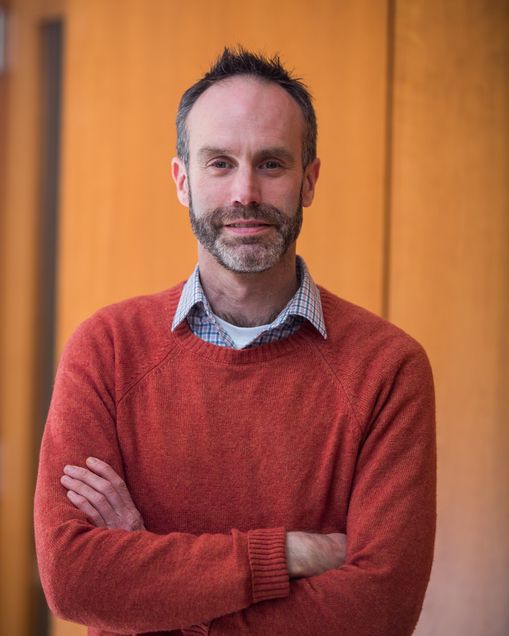Meet Gary DeYoung, the 2022 City of Boston Neighborhood Development and Housing Innovation Lab Summer Fellow
The Initiative on Cities (IOC) is proud to announce that Gary DeYoung has been selected as the 2022 City of Boston Neighborhood Development and Housing Innovation Lab Summer Fellow. The Housing Innovation Lab, part of the Mayor’s Office of New Urban Mechanics, works to increase housing affordability by testing innovative housing models and accelerating the pace of innovation in the housing sector. Gary will have the opportunity to explore an interest in affordable housing by analyzing other cities’ efforts to utilize accessory dwelling units as a means of increasing affordable housing.

Gary is originally from the Boston area and worked in education in Mississippi and Arkansas for a number of years after graduating from college. He returned to Boston for graduate school, first earning a Master’s in Psychology, and now wrapping up a PhD in Applied Human Development from BU Wheelock College—what he calls a “hybrid of education and psychology”. He has also been involved with affordable housing and community development since his undergraduate years and is planning to work in that area after completing his doctorate. When not tied to his keyboard desperately trying to get his dissertation out the door, he can be found running, skiing, or hiking. Gary also enjoys reading and dog walking.
We asked Gary a few questions about his interest in working with the City of Boston and what he’s looking forward to:
Amelia (IOC): Why did you choose to apply for this fellowship and how did you hear about it?
Gary: I heard about the fellowship through an email forwarded to me by my department, and I was excited about it right away. I moved to Chelsea right when I started my doctoral program and absolutely loved the community. Although I worked in education for quite a while, I’ve also been involved with affordable housing and community development since my undergraduate years, and the need for affordable housing in Chelsea was readily apparent. Over time, I joined the Affordable Housing Trust Fund Board and became its chair.
When COVID struck, our work became very, very important. Much of Chelsea’s population is just getting by—earning $25,000, $30,000 a year. Just not enough to live on. So a lot of families double up. As an example, I knew of a family of four that shared a single room in an apartment. A separate family occupied the rest. In this context, COVID spread like wildfire, and on top of that, many service workers were losing their jobs, so we had to find a way to respond.
Around this time, I was also starting to really consider going into housing or municipal governance in some form rather than stay on the research track. COVID clinched it for me. I love my work in my doctoral program, but I just liked working on affordable housing more. But, building a bridge from my current program—a hybrid of education and psychology—to affordable housing has been challenging, so this seemed like the perfect way to get more deeply involved and get a wider range of experience in the field.
How did you first become interested in municipal governance?
Pretty much everything above! I will add, though, that throughout my time in Chelsea, I’ve seen how much of an impact city government can have on its residents’ wellbeing, for good or for ill. Cities are also complex entities, with interlocking personalities and interests and competing demands, so very little is straightforward. So when you can be strategic, persistent, build the right relationships, and get something done, it’s tremendously gratifying—and it has an immediate impact on your community.
What are you most looking forward to about this summer?
I’m interested in the topic I’ll be researching, so that’s obviously important. But equally important to me is the chance to spend some time in City Hall and learn firsthand how things work. Boston’s a lot bigger than Chelsea (obviously), so the compare and contrast will be really helpful. It’s also great career development—a chance to see what jobs are out there and what I might be interested in doing, and an opportunity to get to know people who will hopefully be my future colleagues.
